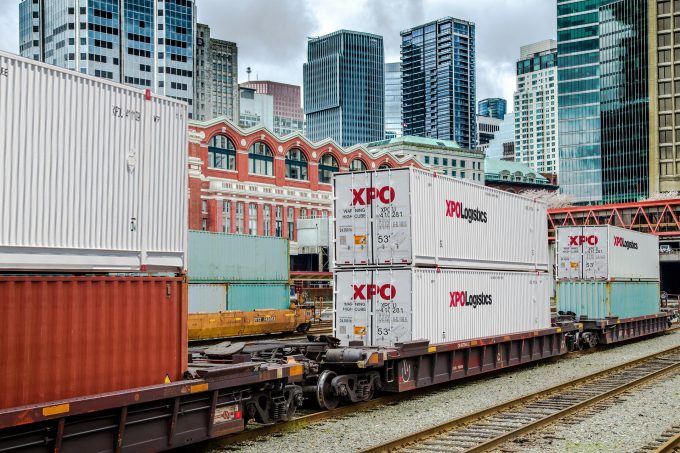Volumes set to 'fall off a cliff' as US firms hit the brakes on sourcing and bookings
Cargo owners should brace for a “cliff event” similar to the turmoil in the early ...

Beneficial cargo owners and logistics providers are looking to the US Congress for legislation to improve supply chain issues.
There has been movement on detention and demurrage charges, but major topics remain in limbo as long as it is unclear which government agency is in charge.
Congress is chewing on a raft of bills introduced by the House Committee on Transportation and Infrastructure that aim to strengthen US supply chains and protect them from disruption. Proposals before the House of Representatives comprise ...
Maersk u-turn as port congestion increases across Northern Europe
Apple logistics chief Gal Dayan quits to join forwarding group
Maersk Air Cargo sees volumes fall as it aims for 'margin in favour of revenue'
Airlines slash freighter capacity post-de minimis, but 'the worst is yet to come'
Houthis tell Trump they will end attacks on Red Sea shipping
Transpac rates hold firm as capacity is diverted to Asia-Europe lanes
MSC revamps east-west network as alliance strategies on blanking vary
India-Pakistan 'tit-for-tat' cargo ban sparks sudden supply chain shocks


Comment on this article